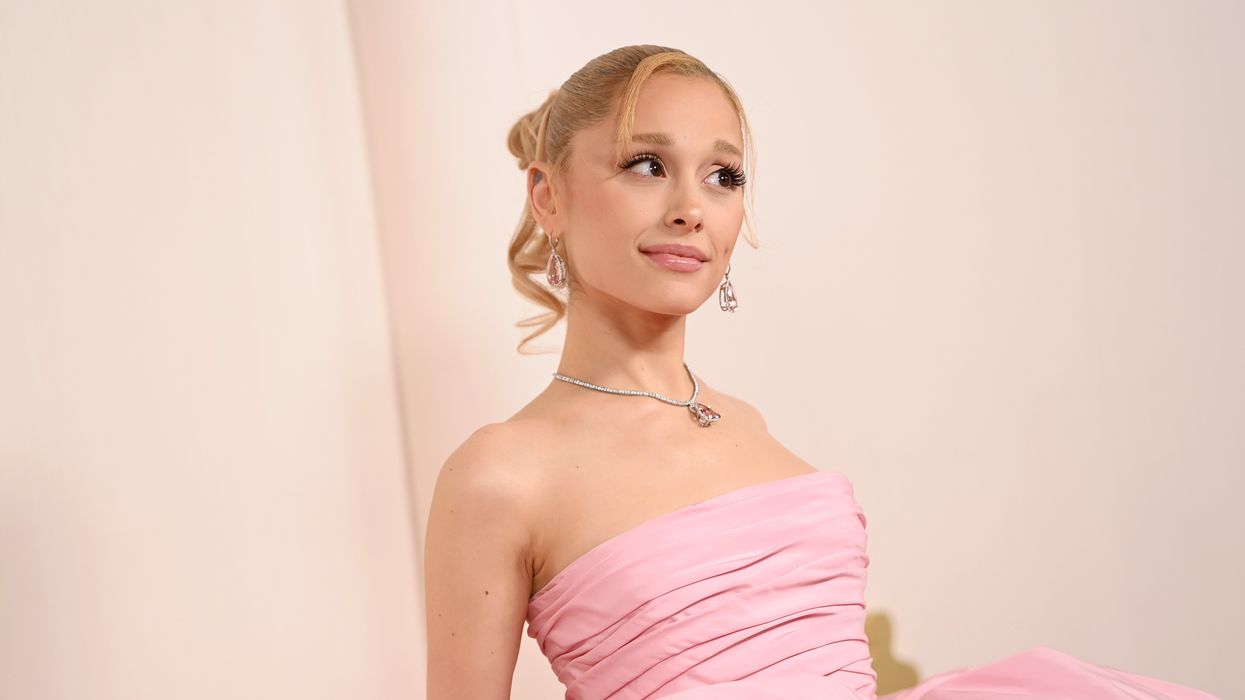Nevins is co-publisher of The Fulcrum and co-founder and board chairman of the Bridge Alliance Education Fund.
It didn’t take long after Joe Biden dropped out of the presidential race and Kamala Harris became the odds-on favorite to be the Democratic Party's nominee for the celebrity endorsements to follow. Within a few days, Ariana Grande, Cardi B and John Legend all publicly announced their support for Harris.
Of course, not all celebrities are Democrats and Donald Trump has his share of celebrity support as well — people like Ye (Kanye West), Jason Aldean and Kid Rock, who endorsed Trump in the past and are likely to endorse him once again.
And while some celebrities choose not to support candidates for office, they do at times voice their objection when their music is used at political events without their permission.
Singer Celine Dion was not happy when former President Trump used her Oscar- and Grammy-winning hit "My Heart Will Go On" at multiple campaign rallies throughout 2023 and 2024. She team issued this statement:
"In no way is this use authorized, and Celine Dion does not endorse this or any similar use. ... And really, THAT song?"
The jab at the end about “really, THAT song?” — a reminder that her romantic ballad served as the theme song for a movie about a sinking ship — received considerable social media attention.
Whether any of this actually impacts the election is certainly debatable.
Movie and music stars have always had an enormous influence on politics, including Edward G. Robinson, Ronald Reagan, Harry Belafonte, Jane Fonda, Charlton Heston, Warren Beatty, Arnold Schwarzenegger, Barbra Streisand, Beyoncé and Lady Gaga. They entered the political fray from both the left and the right.
In more recent times, Ye joined the fray when he entered the White House wearing a “Make America Great Again” hat, and Billie Eilish, at the age of only 18, debuted the first live performance of her single “My Future” at the Democratic National Convention in 2020.
Athletes have been involved too. After the shooting of Jacob Blake in 2020, NBA stars LeBron James and Jamal Murray, as well as many other NBA players, expressed their support for social justice by sitting out a playoff game against the Orlando Magic. Their path was influenced by Colin Kaepernick, who knelt to protest police violence against Black people and became an NFL pariah.
Jennifer Lopez and Alex Rodriguez joined a June 2020 demonstration in Los Angeles against racism and police brutality. In 2021, Streisand, a lifelong activist, criticized Republican efforts to introduce new voting restrictions as GOP legislators throughout the country proposed bills to tighten election regulations.
Whether celebrity political activism does more harm than good is a subject of much debate, yet in this age of social media the ease of harnessing one’s stardom has increased dramatically. Where in past eras the stars needed movie studios and record labels, many artists own their music and have direct access to their fans.
We’ll watch closely between now and Election Day to see whether more celebrities will use their status and endorse Harris or Trump.
Many eyes are focused on Taylor Swift, one of the biggest superstars of them all. The extent of her influence was evident in September 2023 when Swift posted a short message on Instagram encouraging her 272 million followers to register to vote. Afterward, the website she directed her fans to — the nonpartisan Vote.org — announced it recorded more than 35,000 registrations as a result.
Whether Taylor Swift and other superstars choose to dive deeper into the political fray before November remains to be seen. Some of Swift’s fans believe she has a duty to speak out and some think she should just stick to music and dance.
We’ll keep you posted.




















